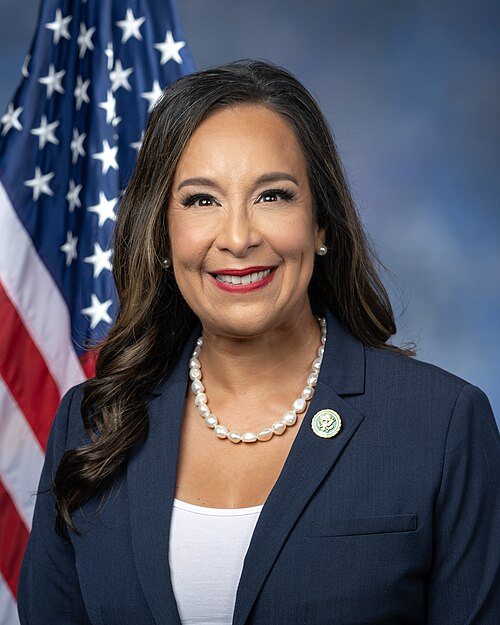H.R. 4367: Bracero Program 2.0 Act
The Bracero Program 2.0 Act is proposed legislation aimed at reforming the H-2A worker program, which allows employers in the United States to hire foreign workers for temporary agricultural labor. The bill includes several significant changes and provisions:
Online Portal for Employers
The bill mandates the establishment of an online portal within 18 months of enactment. This portal will allow employers to:
- File petitions to import H-2A workers.
- Post job openings on an electronic job registry, which will satisfy any advertising requirements for job postings.
Streamlined Petition Processing
Petitions submitted through the portal will be processed simultaneously by various authorities, including the Secretary of Homeland Security, Secretary of Labor, and State Workforce Agencies. It will also allow petitions to reflect staggered labor needs and entry dates.
Wage Rate Reform
The bill introduces a new wage rate structure for H-2A workers. The wage must be at least the applicable minimum wage of the state plus $2.00 per hour to ensure it does not adversely affect U.S. workers' wages. The period for which H-2A workers are authorized to stay in the U.S. is set to one year.
Returning Workers
Workers who have previously participated in the H-2A program and pass security checks will not need an in-person interview to re-enter the U.S. as H-2A workers.
Portable H-2A Visa Pilot Program
The bill proposes to create a six-year pilot program allowing H-2A workers to move freely between employers for seasonal and temporary agricultural jobs. Key features of this pilot program include:
- Development of an online platform connecting workers with job offers from registered agricultural employers.
- Employers can hire these workers without having to file individual petitions, simplifying the process.
- Workers must have an initial offer of employment and can only be granted portable H-2A status if there are registered agricultural employers with job vacancies.
- The total number of workers who can hold portable H-2A status at any one time is capped at 10,000.
Worker Protections and Employer Compliance
Employers must provide workers with insurance covering job-related injuries, and the Secretary of Labor will have the authority to enforce compliance through investigations and audits. The bill also includes provisions allowing for civil penalties for non-compliance.
Reporting Requirements
Before the end of the pilot program, a report must be submitted to Congress detailing various aspects of the program, including the number of employers registered, compliance issues, and the program's impact on U.S. agricultural wages and working conditions.
Inclusivity of Greenhouse Workers
The legislation expands the definition of eligible agricultural work to include tasks performed in greenhouses or indoor farms, ensuring that workers in these areas can also apply for H-2A nonimmigrant status.
Reports on Program Integrity and Worker Protections
The government is required to produce several reports on program integrity and the protections available to H-2A workers, tracking issues like employer compliance, worker safety, and overall program dependence by employers. It will also assess the mechanisms available for workers to report violations and their awareness of rights.
Relevant Companies
- DE (Deere & Company): As a major supplier of agricultural equipment, changes in agricultural labor dynamics could affect demand for its products. Increased labor force flexibility may lead to greater usage of mechanized solutions.
- CAT (Caterpillar Inc.): Similar to Deere, Caterpillar provides heavy machinery for agriculture. The bill's provisions may influence farms' reliance on human labor versus machinery.
- MONS (Mondelez International): This global company relies on agricultural outputs which may be impacted by changes to labor availability and costs associated with farming needs.
This is an AI-generated summary of the bill text. There may be mistakes.
Sponsors
3 bill sponsors
Actions
2 actions
| Date | Action |
|---|---|
| Jul. 14, 2025 | Introduced in House |
| Jul. 14, 2025 | Referred to the House Committee on the Judiciary. |
Corporate Lobbying
0 companies lobbying
None found.
* Note that there can be significant delays in lobbying disclosures, and our data may be incomplete.





















